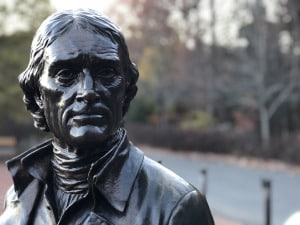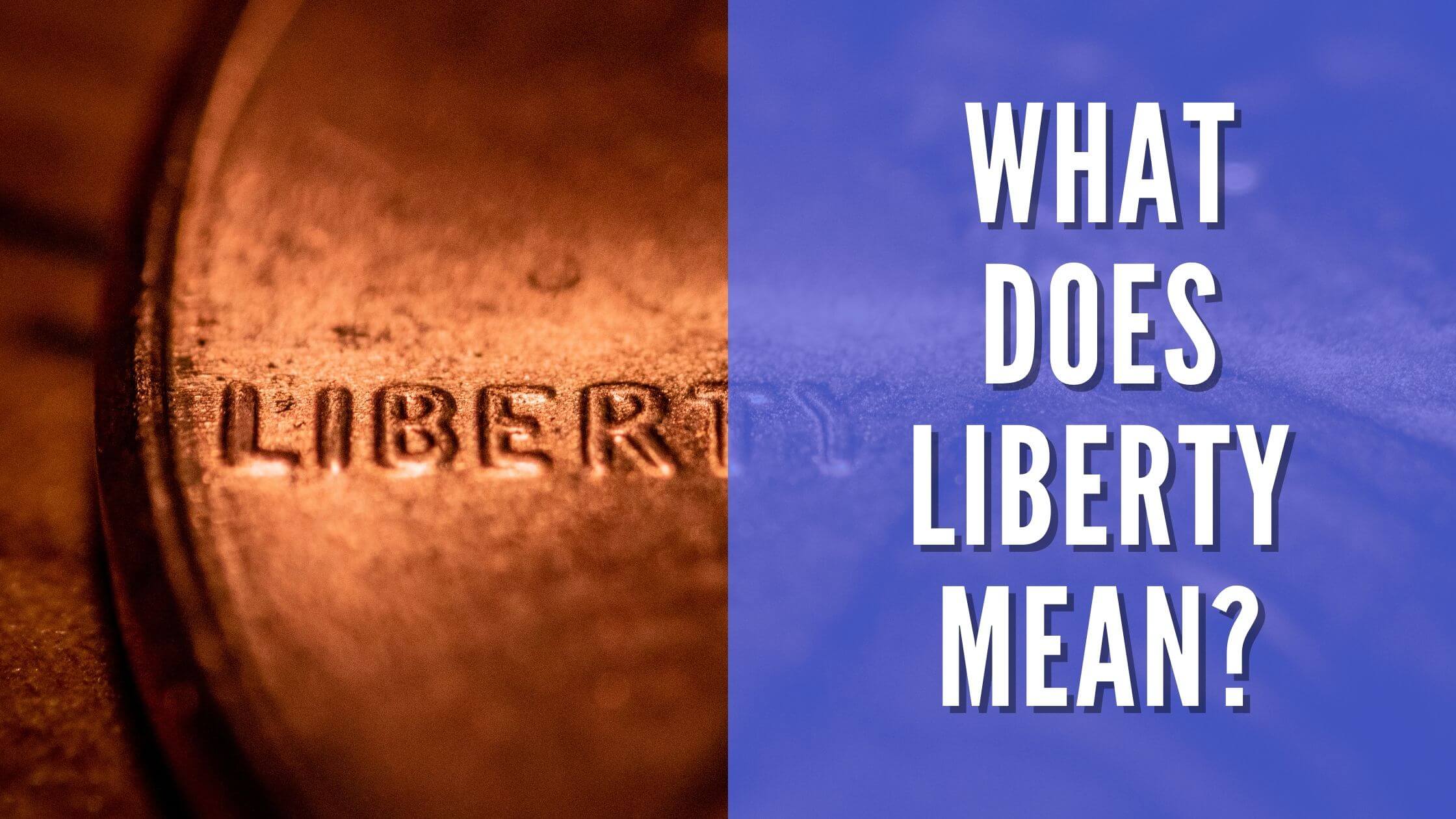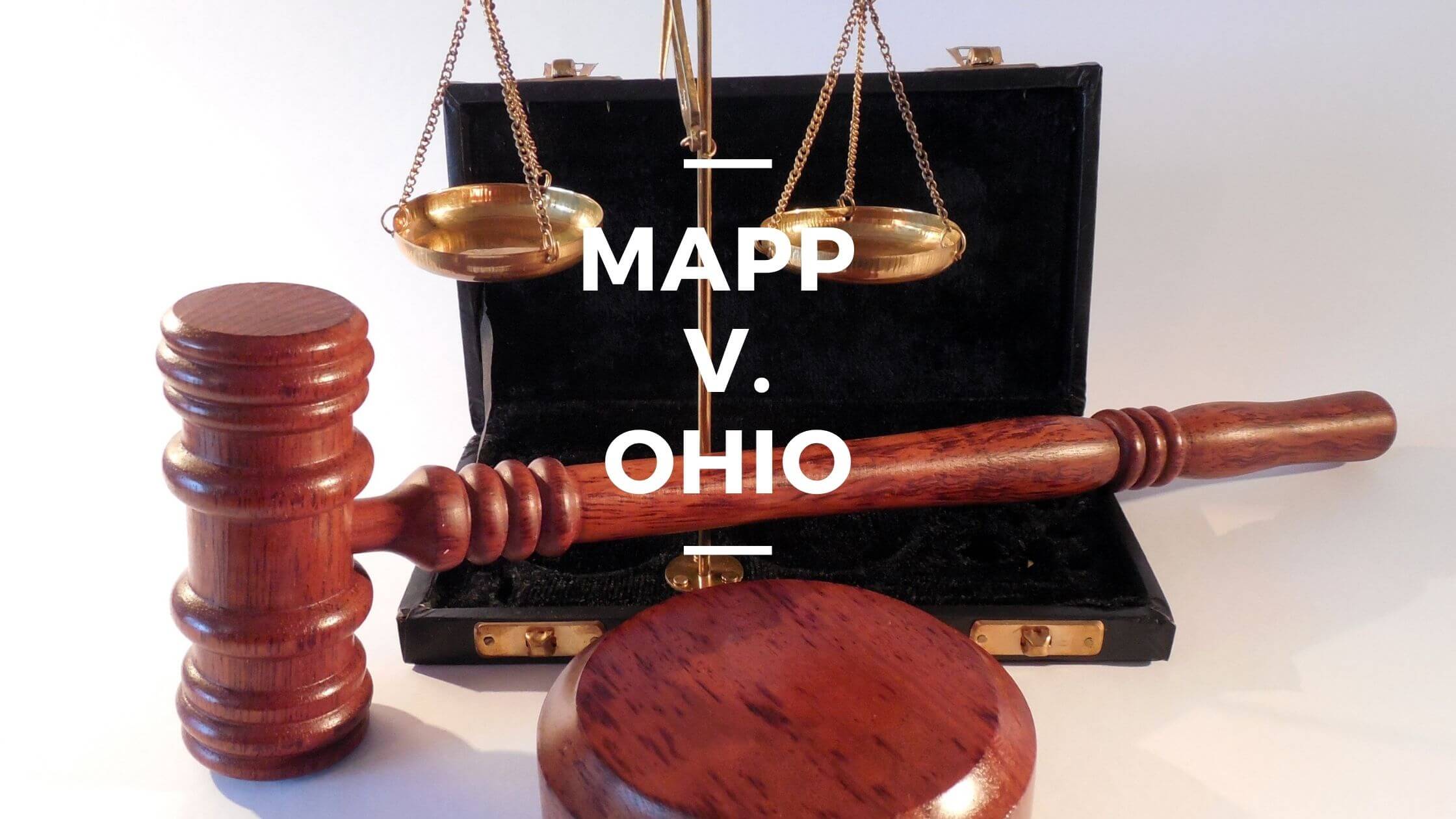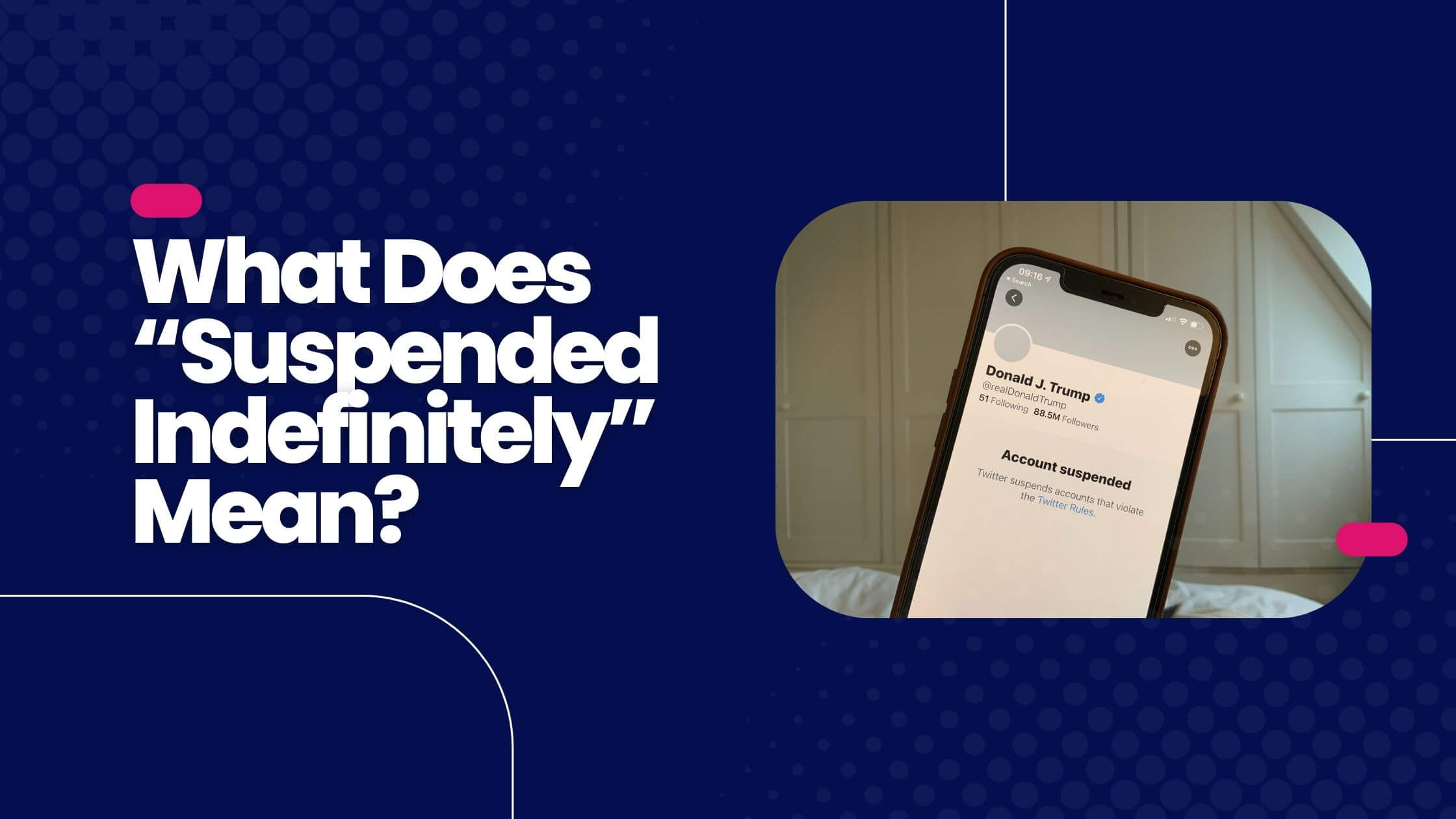Table of Contents
Toggle|
The term liberty is strongly connected with the idea of freedom. Liberty is the ability for anyone to do as they please. It is a right that can be enjoyed by an individual either through prescription or granted by another, and it can be broken down into either negative liberty or positive liberty. |
Liberty: A Dual Perspective
Negative Liberty: Freedom from Imposition
The concept of negative liberty is that one can live freely without imposition or oppression by an authority.
Political Implication
It is a political view that to be free and enjoy liberty, one must live in a society where the government does not control or otherwise interfere with their individual lives.

At the other end of the spectrum, positive liberty can be understood as an individual’s ability to overcome adversities.
Under this concept of liberty, an individual possesses the necessary powers and resources to overcome any environment that seeks to interfere or otherwise suppress one’s individual right to achieve their goals in life.
John Stuart Mill On Liberty
In 1859, an English philosopher named John Stuart Mill wrote an essay entitled “On Liberty.” He believed that there was a direct relationship between the existence of both authority and liberty.
He believed in individuality, which he considers being a prerequisite to achieving happiness.
He explained that the masses subjugated to that tyranny would develop democratic ideals due to tyrannical rule.
He outlined that an individual has three fundamental, unalienable rights in life.
These rights were the following:
- right to life
- right to liberty
- right to pursue his or her dreams.
Although both liberals and libertarians have sought to criticize the essay, his work has nevertheless been fundamental in shaping political thought.
Printed nearly a century after the American Revolution, his philosophy provides a more in-depth definition of the words forever engraved in the Declaration of Independence.
Liberty As A Social Contract
Liberty is an idea that dates back more than 400 years before Christ. It was Plato who first sought to classify various rights of an individual.

Get Smarter on US News, History, and the Constitution
Join the thousands of fellow patriots who rely on our 5-minute newsletter to stay informed on the key events and trends that shaped our nation's past and continue to shape its present.
In his work, “The Republic,” Plato states that liberty is a social contract. It is a natural right endowed upon each living human being and exists between each individual rather than only to those with power and money.

Freethinkers of his time believed that the law was responsible for governing the heavens and human affairs. It was the law that ultimately gave power to the king rather than the king giving power to the law.
This idea of law would eventually find its way into the works of Montesquieu, for whom Thomas Jefferson was a follower. The ideas of Plato and Montesquieu helped him when drafting the initial Declaration of Independence.
Likewise, in his essay, John Stuart Mill would further define the relationship between liberty and law.
He explained that there was a continuous battle between authority and liberty in life, which results in the desire for one’s independence.
The Declaration of Independence
Thomas Jefferson was responsible for writing the Declaration of Independence in 1775. It was a time in the colonies when British rule over the colonialists had become so oppressive that there was an overwhelming desire to declare independence from the Crown.
Accordingly, Jefferson declared in the Declaration that everyone living in the United States should have the right to life, liberty, and the pursuit of happiness.
While the colonialists wanted to be free from the tyrannical rule of a king on the other side of the ocean, some also wanted to maintain the right to be oppressors themselves.
Even after the ratification of the Declaration of Independence on July 4, 1776, slave owners in the South believed their right to liberty was more important than the slaves’ right to liberty.
While the Declaration of Independence guaranteed liberty to the colonialists, it would take more than 100 years to extend that guarantee to minorities.
Thomas Jefferson
Even before becoming the President of the United States in 1801, Thomas Jefferson was a diplomat, statesman, lawyer, and one of the 56 Founding Fathers of the nation.

As a delegate for the Virginia colony in the Second Continental Congress, he drafted the Declaration of Independence in 1775.
He would later serve as both the Secretary of State and the Vice President of the United States under George Washington and John Adams before becoming the third United States President.
He was a proud proponent of democracy and one’s rights and was known for his ability to motivate the colonialists to form a sovereign nation.
As governor of Virginia, he was also responsible for passing several laws that enforced the ideas of freedom, liberty, and one’s right to determine their fate in life.
Liberalism
Since its founding, the United States has been a two-party system for the most part.
Ideological Divide: Liberalism and Conservatism
This system consisted of those who believed in more liberal ideas and those who believed in more conservative ones.
The Tenets of Liberalism
The concept of liberalism itself is that it is the responsibility of politics to ensure that every individual can have the freedom of choice.
Components of Freedom in Liberal Discourse
Accordingly, in discussing freedom, three necessary components must be considered.
1. Determining the Scope of Freedom
The first component involves defining the scope of individuals who are considered to possess freedom.
2. The Realm of Permissible Actions
The second aspect entails examining the actions and behaviors that individuals are permitted to undertake freely.
3. Identifying and Overcoming Obstacles
Lastly, the third component encompasses recognizing and addressing any barriers that hinder unrestricted access to this freedom.
This liberal thinking allows individuals to be free to do as they please, provided that they do not obstruct the other’s right in return.
Republican Liberty
Conservative Perspective on Liberty
On the other side of the coin is the conservative view on liberty.
Defining Liberty
According to historians and philosophers, liberty is not the lack of an obstacle to prevent one’s individual right to freedom, but rather that any obstacles should be viewed as non-domineering.
Individual’s Right to Freedom
In simpler terms, it is the idea that an individual’s right to freedom exists because they are not subject to another person’s will.
Social Contract in Liberalism
In liberalism, there is a social contract between two individuals that neither individual will interfere with each other’s right to do as they please.
Republican Liberty vs. Social Contract
However, under the concept of Republican liberty, no social contract is needed because no individual has the power or authority to dominate another individual.










